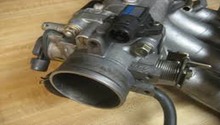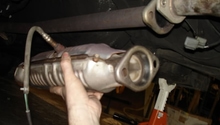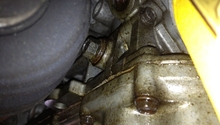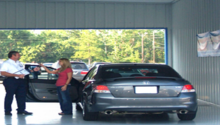Honda Accord: Why Does My Car Idle Rough?
Your car is in "park," so why does it want to drive? This article will discuss some of the potential causes and solutions to fix this stubborn car problem. Continue reading to diagnose why your Accord's engine is revving while it is parked.
This article applies to the Honda Accord (1990-2002).
Your Accord's engine should be at a constant low idle when parked and should not be revving or fluctuating. Having an idle problem is always something you want to take care of as soon as possible. If left untreated, the problem can expand and simultaneously decrease your car's fuel efficiency. This article discusses the top four issues that might be causing your rough idle problems.
Step 1 – Check the oil level
Having too low of an oil level will cause oil starvation and a drop in oil pressure. This will cause the engine to run hot and stutter. With the engine cold, check your oil level and top off as necessary. Make a note of your current oil level and check again in 1,000 miles; if the car has consumed a noticeable amount of oil, it may be time for a rebuild.
(Related Article: Honda Accord: How to Change Your Oil - Honda-Tech.com)
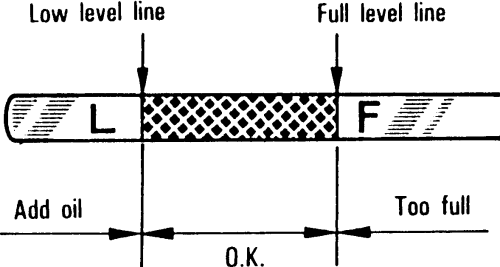
Step 2 – Check the air filter
A dirty or clogged air filter can suffocate your engine by not allowing it to breathe properly. Inspecting your air filter is easy and only takes a few minutes. Pull the filter from the air box and inspect for contamination in the filter and the airbox itself. Remove anything lodged in the airbox and replace the air filter.
(Related Article: Honda Accord: How to Replace Air Filter - Honda-Tech.com)
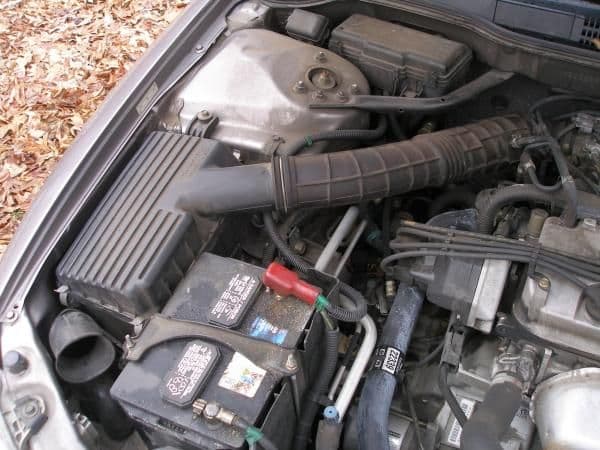
Figure 2. Open up and inspect the air box.
Step 3 – Check the spark plugs
Fouled or otherwise dead spark plugs will make the car feel like it's down a cylinder or two (and it may be!) and will cause excessive vibration for the engine when running poorly. Pull all four spark plugs and inspect for damage or corrosion.
Related Articles:
- Honda Accord: How to Replace Spark Plugs and Wires - Honda-Tech.com
- Honda Accord: Spark Plug Reviews - Honda-Tech.com
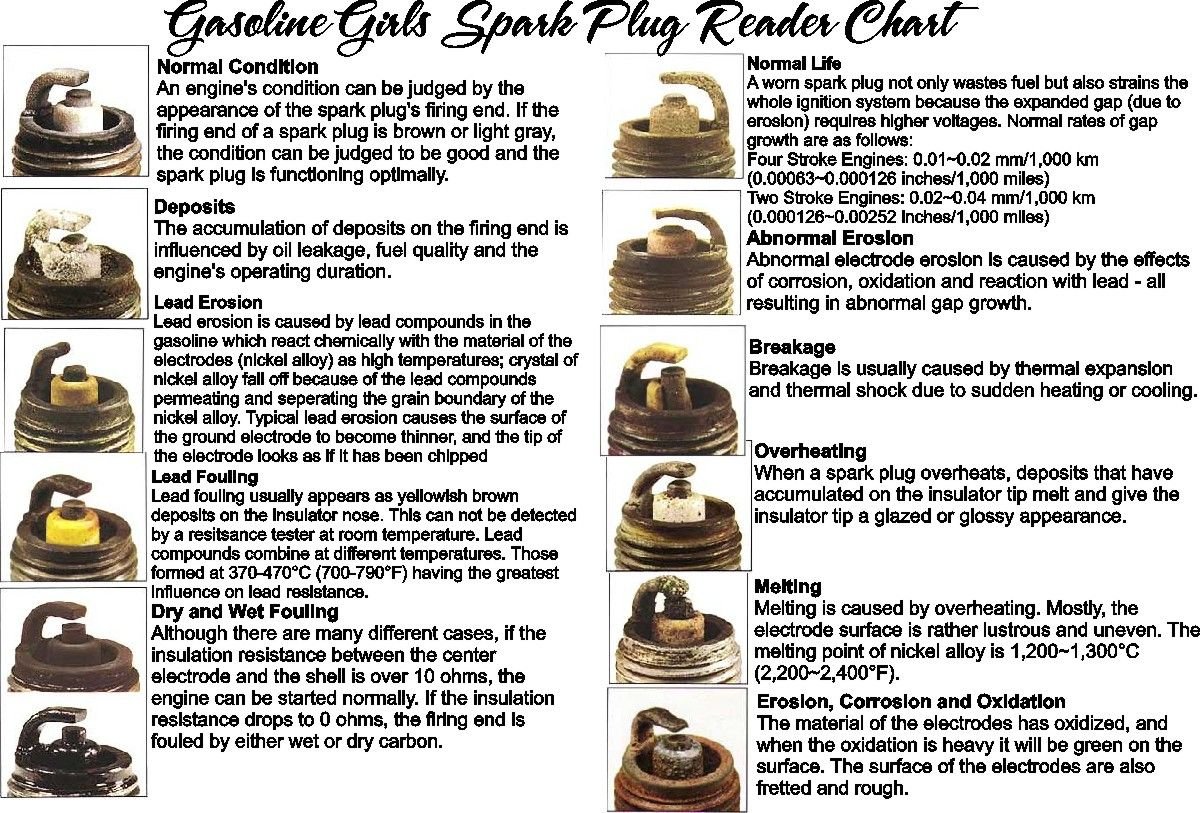
Step 4 – Air bubble in coolant system
Sometimes, an idling problem can simply be an air bubble in the coolant system. If you've recently worked on the cooling system, this might be why your car is revving when parked. To resolve this, start your car when it has already cooled down, and remove the radiator cap. You should see air bubbles rise to the surface of the filler hole. When they stop popping up, you can turn off the car and top off the radiator with coolant if needed.
Being low on coolant may also cause the idling problem. You can purchase a gallon of coolant from your nearest auto shop for no more than $30.
(Related Article: Honda Accord: How to Flush Your Radiator - Honda-Tech.com)

Step 5 – Vacuum hose leak
A common issue that might cause your car to idle rough when it's in park is a vacuum leak. These can occur in a few different areas of your engine—primarily, the vacuum hoses. In addition to causing the check engine light to turn on, vacuum leaks can lead to problems with acceleration. Sometimes, it will emit a hissing sound that can be heard from the engine bay. Leaks in any of these areas will also greatly decrease your fuel economy.
One way to look for vacuum leaks is to spray water (with a mist spray bottle) onto the various hoses of the vacuum system. If the engine misfires or blows the mist when you spray a certain area, you may have found the vacuum leak. In case you find a hose cut and it is leaking, is it inexpensive to replace. It could cost you between $10 to $30 depending on the length.

Pro Tip
In some cases, you may confuse your vacuum leak with an ignition problem. This is a common mistake, so make sure to check both components for any damages or faultiness.
Step 6 – Check the intake manifold gasket
Eventually, your intake manifold gasket will need to be replaced. To diagnose this potential problem, listen to the area around your intake manifold while the engine is running. If there is a problem with the gasket, you should hear a loud hissing noise. In most instances, this will be the cause of your rough idle.
A new intake manifold gasket will cost you $20 to $30 depending on the brand. Labor costs for this replacement, if done at an auto shop or dealership, start at $300.
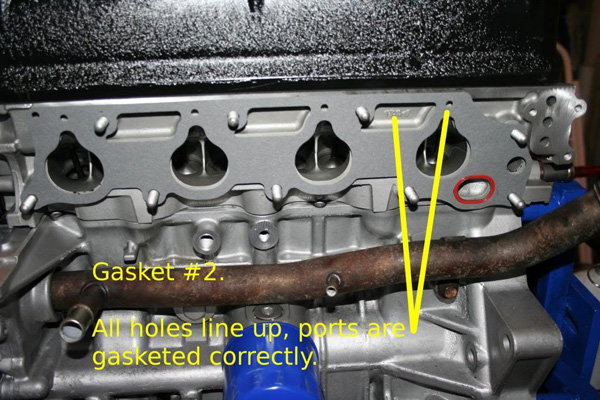
Step 7 – Check the IACV, TPC, and FITV's condition
The problem might have been caused by various sensors and valves in your engine, which you will want to inspect. The idle air control valve (IACV) controls the amount of air going through the throttle plate, which controls the engine's idle. The throttle position sensor (TPS) regulates the amount of airflow to the engine, and how much fuel is to be injected to achieve the proper air-to-fuel ratio. The fast idle thermo valve (FITV) controls the idle at cold starts. It keeps the idle high and gradually decreases the idle as the car warms up.
These three parts should be taken out and cleaned. If they are beyond cleaning and repair, they should be replaced. The TPS would be the least common cause of your idle problem, but it's still a possible source. So first, clean the IACV and the FITV.
A replacement IACV costs around $180, a FITV around $100, and a TPS around $50. These parts are not difficult to replace, so doing it yourself is the best and cheapest option.
(Related Article: Honda Accord: How to Replace TPS - Honda-Tech.com)
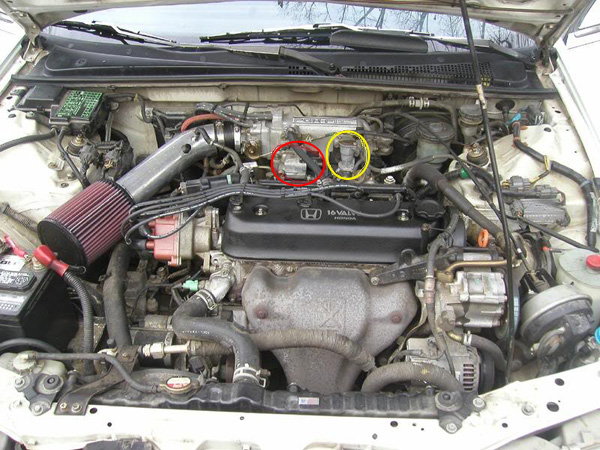
Related Discussions
- Accord Idles When Put in Park - Honda-Tech.com
- Continuous Idle Revving Problem - Honda-Tech.com
- How to Clean FITV - Honda-Tech.com
- How to Clean IACV - Honda-Tech.com


